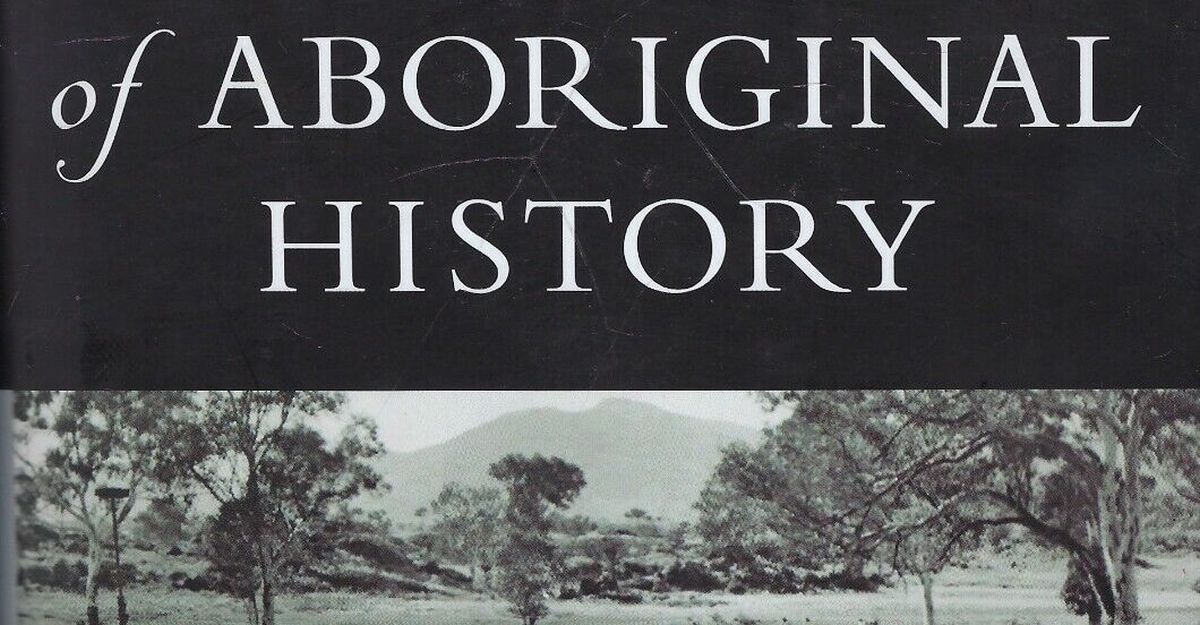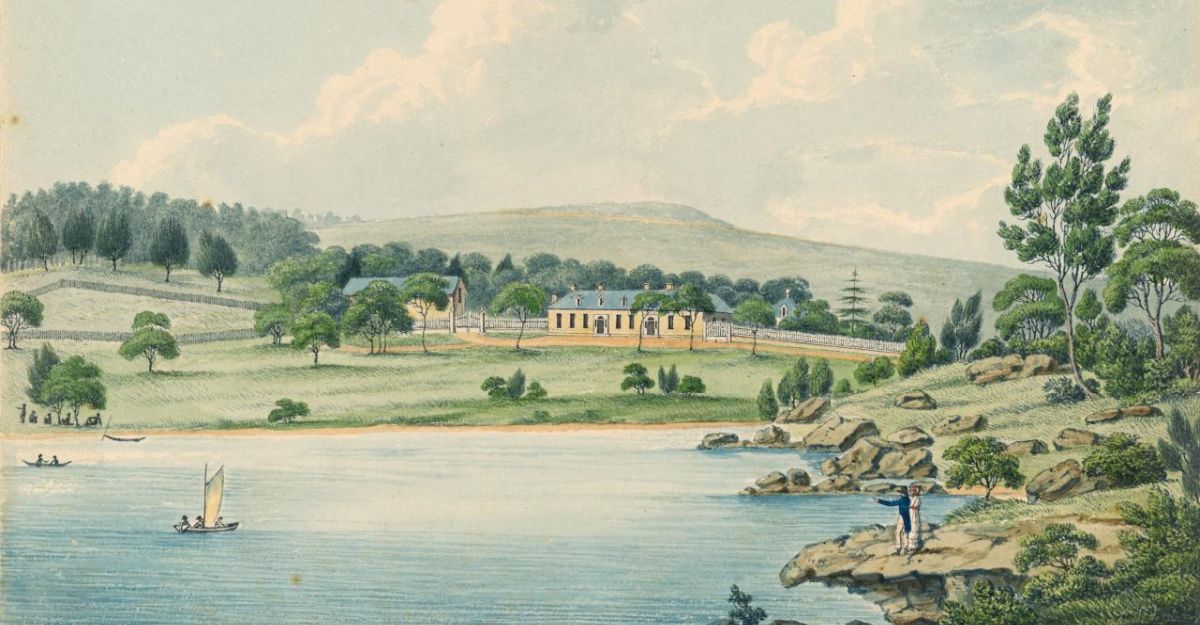Joe scrapes a homemade metal knife along the underside of a cowhide. Fat collects along the edge and he wipes it on his overalls. The hide goes into the pit, I throw buckets of salt on it and he starts scraping the next one. Inside this shed, just beyond the abattoir, Joe turns animal skins into leather and makes sausages. In town he lives alone, smokes too much and smells of preservatives. In the high school library, he teaches me how to play chess.
Summer means being hauled out of bed to travel with my father to the places where he works. In town my mother goes to the local hotel where she makes beds and serves tired meals. Here, my father heaves sand into a mixer and the bright edge of his shovel falls over and into a revolving lip where sand, gravel and water become the grey coagulant of cement. There are four cement salt-pits inside this shed and so far today we’ve managed to pour another two. Joe watches me as I kick at the wooden boxing that runs around the perimeter of an empty pit. The reinforced mesh twitches at each thump of my impatient sneaker.
I move towards the steady knocking of the mixer, staying in the shade just inside the door, and watch my father heave sand into the barrel. He pauses and appraises the rolling grey mixture, his head cocked, listening for the rain that will come from the south later that night. Over his shoulder the main building of Billy Redvale’s abattoir ripples and blazes under the sheet-metal sun. Off to my right, less than a hundred metres away, there’s a dark green, circular profusion of grass. I walk out into the brightness and climb onto the back of the ute. Joe walks out and leans on the door, spitting tobacco flakes from his mouth. I point out and across the baked, hessian-coloured paddocks.
‘What is it?’ I ask.
My father turns. ‘Joe, are they killing today?’
‘Yes. Tuesday. Tuesday they kill,’ says Joe.
My father looks at me, grinning. ‘You’ll find out soon enough.’ It’s a grin I can’t place – my father never smiles – and it makes me nervous.
After lunch I ask Joe if he’ll show me his hand again. He puts his cigarette down and places the four fingers of his left hand flat on a block of wood. The top two knuckles of his forefinger and middle finger are missing. He mimes how the cleaver missed the slab of meat, but not his fingers. He tells me how he picked up the shortened digits, put them in his pocket and walked off the floor.
‘This was not here,’ he says, gesturing towards the abattoir. ‘This was another place.’ He gets up and moves back to the salt-pit.
It was never a smug or excited statement of victory with Joe. He would make his final move, put his hands back under his chin and sigh with resignation: ‘Checkmate.’ I thought he was equal to the Russian grandmaster, Kasparov. The high school library, a chess club: Joe’s hands moved with spidery certainty across the board then folded up under his chin. His nose whistled with each exhalation.
That day I’d brought my chess set, a birthday present from my parents. At some point in the game, Joe’s hand moved across and took my knight. He folded his hands under his chin once again, and resettled his eyes on the board. My vision focused and refocused: fear shot through me as I picked up my rook and placed it down. Studying the board, I kept a fingertip on top of the piece. ‘Checkmate,’ I said, not believing the word. In a distracted, almost involuntary manner, Joe’s left hand knocked the pieces from the board. Then, without a word, he rose and left the room.
As a child, the world to me was fathomable: there were knowable causes and measurable effects. A sharp knife falls on a man’s hand and severs flesh and bone. Unexpectedly, a boy wins a game of chess and his adult opponent is upset. Now, these earth-buried memories of Joe are fossils where I trace thin, worn indentations; and in this tracing, in this pressing of fingers to find guiding paths, the fragile edges wear away.
Years later my father told me a story about seeing Joe at the supermarket and not recognising him. The grey, cotton coat that he’d worn for more than forty butchering years had been replaced with a retiree’s cardigan and my father walked straight past him. The story went on, but I wasn’t really listening, not until I began to hear about the difficulties Joe had when applying for the pension. He had no official form of identification. He’d never needed a driver’s licence; had never required hospitalisation. No database, system or bureaucracy could verify his identity. Joe couldn’t – or as I like to think, didn’t want to – recall the name of the boat he’d come out on, or even the year that he’d arrived in Australia. Wherever he’d come from had, like part of his hand, disappeared.
I go around the back of the tanning shed and throw stones at a beer can. I don’t see the cattle move from the holding pen into the slaughter yard, don’t hear their muted bellowing as they move onto the killing floor. I walk back to stand near Joe, just inside the darkened doorway: it’s then I begin to hear the slow, methodical tock of a sprinkler.
A hundred metres away, in the centre of the green darkness I’d seen earlier, crisp, thick plumes of crimson echo out of a sprinkler head. A large nozzle sends sharp parabolic arcs of hot blood into clockwise orbit; a smaller one at the rear sprays tighter, shallower circles. The long segments loop out with mesmerising grace and chase one another across the clear afternoon sky. The gravel crunches and a blood-spattered worker in gumboots appears with a lit cigarette cupped in the palm of his hand. He speaks to Joe.
‘It took me seven fucken bolts to kill one of those box-headed bastards.’
Joe makes a pistol with his thumb and one cleaver-shortened finger and touches it against my temple.
‘Seven is a lot to kill a box-headed bastard.’ His thumb drops and his tongue clicks. I meet his eyes. ‘Here, it is we who kill the animals.’ His voice is quiet, and when my father appears at the door I shuffle towards his more familiar presence. The three men move together and smoke cigarettes and I edge away. At the far corner of the tanning shed, my hand on the hot corrugations of iron, I don’t dare move any closer towards that death-fertilised lushness. Jabs of laughter puncture the day’s brightness. My knuckles rest in the iron grooves and heat flares up my wrist; a dark red light behind my eyes pulses in time with the sprinkler’s throb.
Hot, late-afternoon sun is on the back of my neck as we drive away from the abattoir. The ute stops before an iron-barred cattle grate and Joe gets out. With careful steps he walks across the grate and swings the gate open. My father accelerates and I get a vision-shuddering thump. I think he’s keen to get into the cool darkness of the pub, but his face tells me something different as he glances at Joe in the rear view mirror. We stop and my father’s grin slides away. Joe eases himself back into the ute; the reverberations are still shaking out of me and my temples thrum with heat and movement. Years later, when I put my hand on a faulty light switch, that awful warmth, that dark vibrating shock returns.
‘Alright, let’s go,’ says my father.
‘Yes,’ says Joe. His eyes are on me. The softness of the back of his hand when it knocks my knee jolts me. ‘All is right?’ he asks. I nod and he turns his gaze to the road ahead. A car towing a boat passes in front of us, heading towards a river where the sky looks clean and brushed. We leave the gravel and bump onto the asphalt that will take us back into town, back into tonight’s storm.



